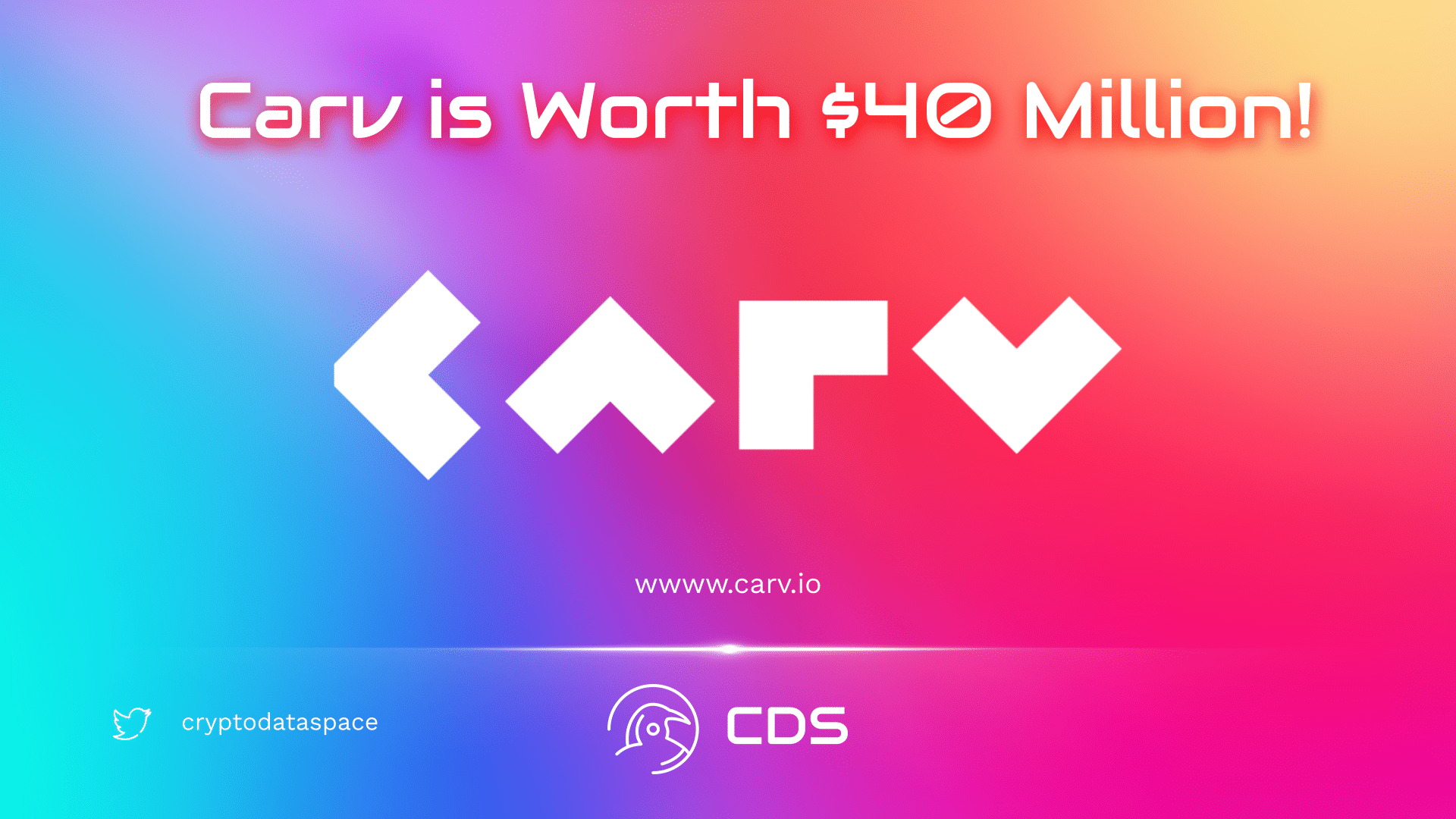Based in Los Angeles, Carv is the most recent competitor to draw interest from investors. Carv, which recently received $4 million, is currently valued at a respectable $40 million, according to TechCrunch. On the other hand, Vertex, an early-stage venture capital firm focusing on Singapore’s Temasek sovereign wealth fund, served as the round’s lead investor.
What is Carv?
It is developing a gaming-specific credential and data infrastructure that will provide players with data sovereignty and enable intelligent games. By focusing first on the gaming sector, Carv is taking a different tack from other all-encompassing DID solutions.
One of its key offerings is an engine that collects player information from both web2 and web3 and organizes it under specific user IDs. In the enterprise world, Carv offers white-label data services to game developers. Thus, they may query cross-platform information on new customers, such as their reputation and accomplishments parameters on well-known ecosystems like Steam.
The Platform’s Investors
The company’s seed round was supported by a sizable group of participating investors, which is characteristic of web3 deals where firms attempt to form alliances with ecosystem participants. Infinity Ventures Crypto, YGG SEA, UpHonest Capital, Lyrik Ventures, Lintentry Foundation, PAKADAO, 7UpDAO, and angel investor Aliaksandr Hadzilin, co-founder of NEAR, were among them. They also included EVOS (ATTN Group), SNACKCLUB (Loud Gaming), EVOS (ATTN Group), PAKADAO, and 7UpDAO.
About Carv
After six months of beta testing, it has collaborated with more than 90 titles and surpassed 300,000 registered users. They use the platform for an average of nine minutes every session. According to co-founder Victor Yu, the DID system’s compatibility with more than 20 Layer 1 networks, including Ethereum and Solana, will enable Carv to support 95% of the blockchain games now available.
With its white-label data service, Carv is already making money. It also takes a percentage of NFT sales made by games that host on its platform. The identity builder will eventually offer tailored user experiences like tipping other users for their remarks and will charge a fee for these kinds of microtransactions.















Leave a comment